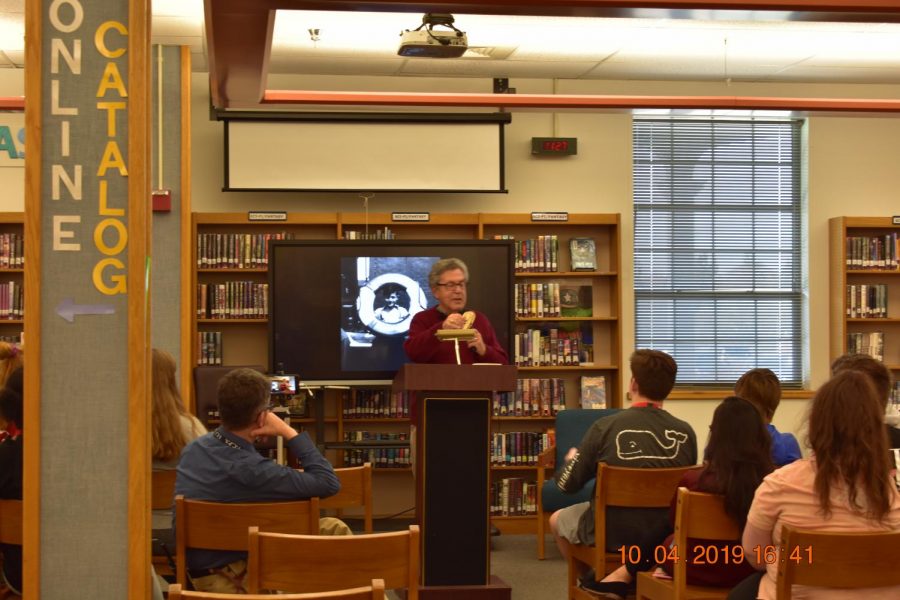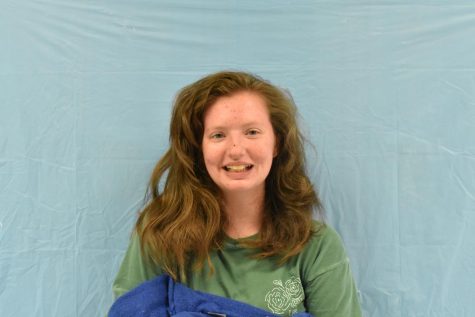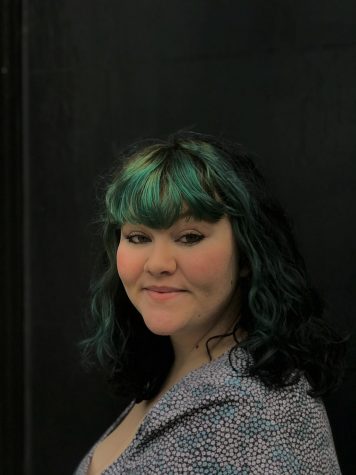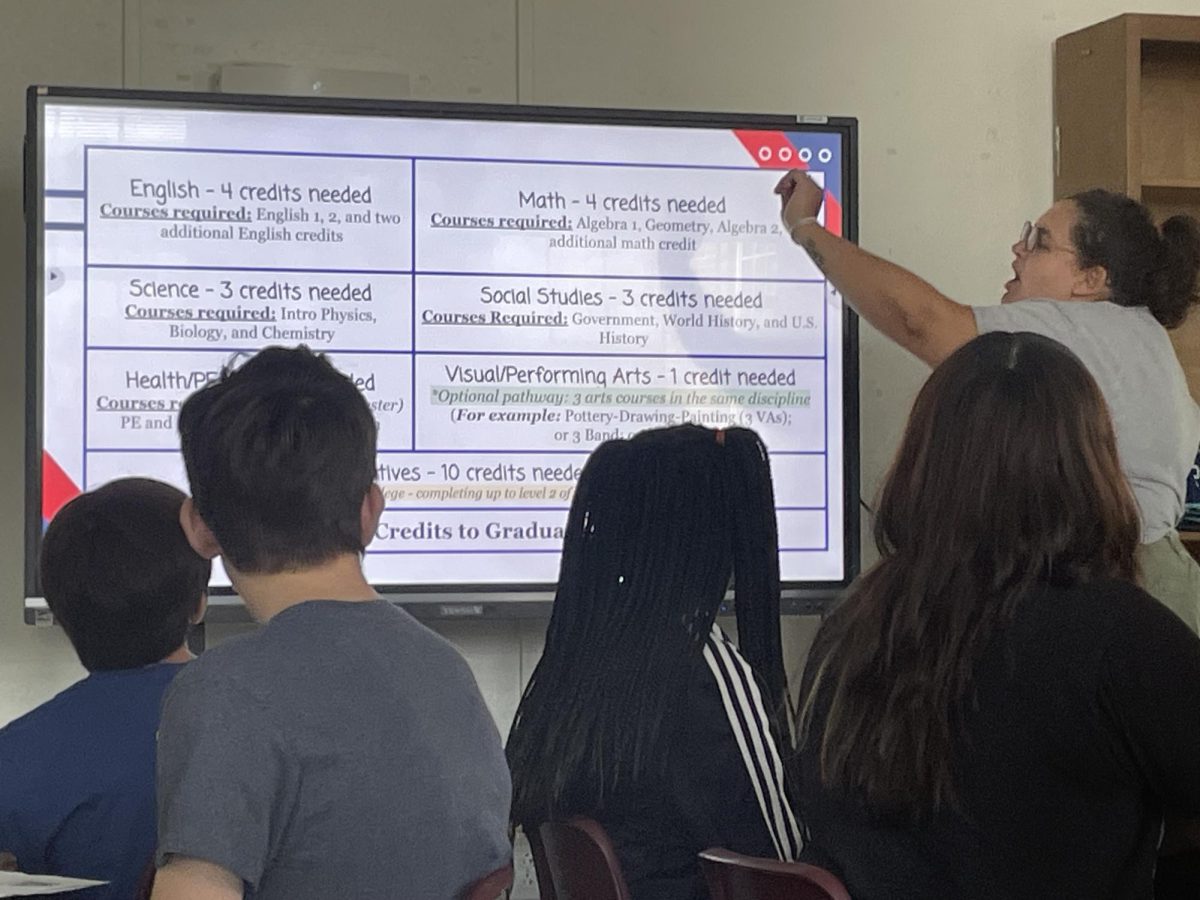Holocaust Survivor visits Lafayette
Fred Gross speaking to Freshman students at Lafayette about being a Holocaust Survivor
April 22, 2019
On April 10, 2019 Holocaust Survivor Fred Gross spoke to freshman English classes at Lafayette. His visit provided a real-life account of the Holocaust for the students and was the kick-off for a unit on Night by Elie Wiesel.
His statement,”You’re looking at a person who didn’t give up,” was both simplistic and powerful. Students sat quietly, riveted by his story.
Fred Gross was just three years old when the Second World War began. He spent his childhood always running, never staying in one spot for long.
On May 10th, 1940 (Friday), German planes invaded France. For three days, the Gross Family waited for a way to escape the bombings and the destruction of their neighborhood. Gross told the group of students that his dad was a gambler, and that they never had a car, so they walked everywhere. So, they waited three days for a taxi to pick them up. They went as far as the taxi would take them, and then a truck picked them up and took them to a nearby village.
The Gross Family had gotten far enough away from Hitler and the Germans that they were able to stay in the village. They slept in a school gym with other Jewish families, and in the morning when school was in session, they had to leave. They had no where to go, and nothing to do, so all day the Jews in the village would just walk around the town. The mayor didn’t like this, so he called the Germans, and all the Jews that were in the village were sent to a holding camp.
The Gross Family was sent to a holding camp, where they were split up. The camp they were being held at was a holding camp for bigger camps, such as Auschwitz. While at the camp, they performed menial and exhausting work. After a couple of months, Sammy, Fred’s oldest brother, escaped. How? He walked right out in broad daylight. He told the officer overseeing his work that he was ill and needed to go to the infirmary. He then got help from a French Prefect who gave him papers to get his family out. Later, they were dropped off at a nearby Village.
At the village, they all hid in an abandoned castle. But, they were then told by a French Major that they needed to leave urgently, because the Germans were coming to clear out that area. They were then protected by Italians. The Gross Family felt safe, Fred learned to ride a bike, and he even made his first best friend.
“War ravages people.” The Gross Family always found a safe place, but could never truly stay in one place peacefully. However, on August 18-26th, 1942, the Germans made it to where the Gross Family was hiding. They were demanding the names of all the Jews that were in the village. On August 25th, 1942, the night before a riot, word got out about the event, and the Gross Family was able to get away.
From there, Fred and his family hid with a Catholic family, who helped them escape to Switzerland. The Gross kids were split up and put into foster homes. The home Fred was put into was okay, and his foster parents were kind to him, but their son was mean. Fred was bullied relentlessly, “I was a strong kid”, he told the group.
The family was reunited in 1944, where they began the journey to America. When they first arrived, Fred believed that they were in a safe place, where there was no war. This was wrong. Fred told the group that the first thing he did was use the restroom, and learned that America was segregated.
“We count on you to make this a better place.” We, the next generation, are in charge of the future. We need to use these stories, and our history, to stop any of this from happening again.







